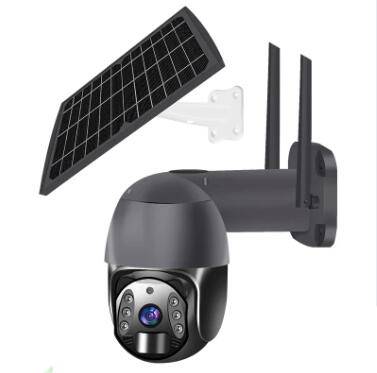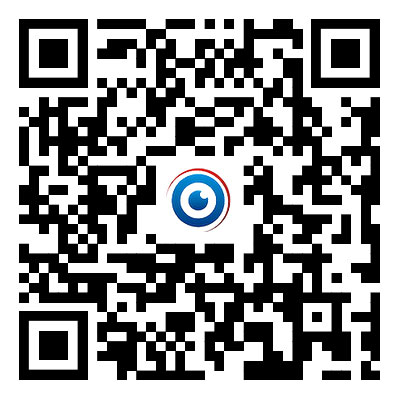The Dilemma of Government Surveillance: Navigating the Impact on Individual Privacy
2023-11-28
Introduction:
In the digital age, the symbiotic relationship between technology and governance has ushered in unprecedented capabilities for government surveillance. While surveillance serves essential functions in maintaining public safety and national security, the impact on individual privacy has become a focal point of ethical, legal, and societal discussions. In this blog, we will explore how government surveillance affects individual privacy, examining the delicate balance between security imperatives and the protection of personal freedoms.
1. Mass Data Collection:
- Government surveillance often involves the mass collection of data from various sources, including communication records, online activities, and personal information.
- This extensive data collection raises concerns about the breadth and depth of information accessible to authorities.
2. Surveillance Technologies:
- Advanced surveillance technologies, such as facial recognition, biometrics, and predictive analytics, enable the government to gather intricate details about individuals.
- The use of these technologies can significantly impact personal privacy by allowing authorities to track and analyze behavior.
3. Internet and Communication Monitoring:
- Government surveillance programs often include monitoring internet activities, emails, and electronic communications.
- This level of intrusion can compromise the privacy of individuals engaging in online interactions.
4. Location Tracking:
- Government surveillance may involve the tracking of individuals' physical movements through GPS technology or mobile device data.
- This raises concerns about the constant monitoring of citizens' whereabouts.
5. Potential for Abuse:
- The potential for the misuse of surveillance powers is a significant concern.
- Government agencies could abuse surveillance capabilities for political purposes, social control, or discrimination against specific groups.
6. Chilling Effect on Free Expression:
- The knowledge of being under government surveillance may have a chilling effect on free expression.
- Individuals may self-censor or refrain from expressing dissenting opinions due to fear of reprisals.
7. Lack of Transparency and Oversight:
- Inadequate transparency and oversight mechanisms contribute to concerns about unchecked government surveillance.
- The absence of clear guidelines on data retention, sharing, and usage raises questions about accountability.
8. Impact on Vulnerable Communities:
- Government surveillance can disproportionately impact vulnerable communities, leading to discriminatory practices.
- Marginalized groups may face increased scrutiny, exacerbating existing inequalities.
Conclusion:
The impact of government surveillance on individual privacy is a multifaceted and evolving dilemma. As technology advances and surveillance capabilities grow, societies must engage in thoughtful discussions to establish ethical and legal boundaries. Balancing the need for security with the protection of individual privacy requires the development of robust frameworks, transparent oversight mechanisms, and a commitment to upholding fundamental rights. In this era of interconnectedness, navigating the impact of government surveillance on privacy is an ongoing challenge that demands collective scrutiny, dialogue, and advocacy for the preservation of democratic values.



